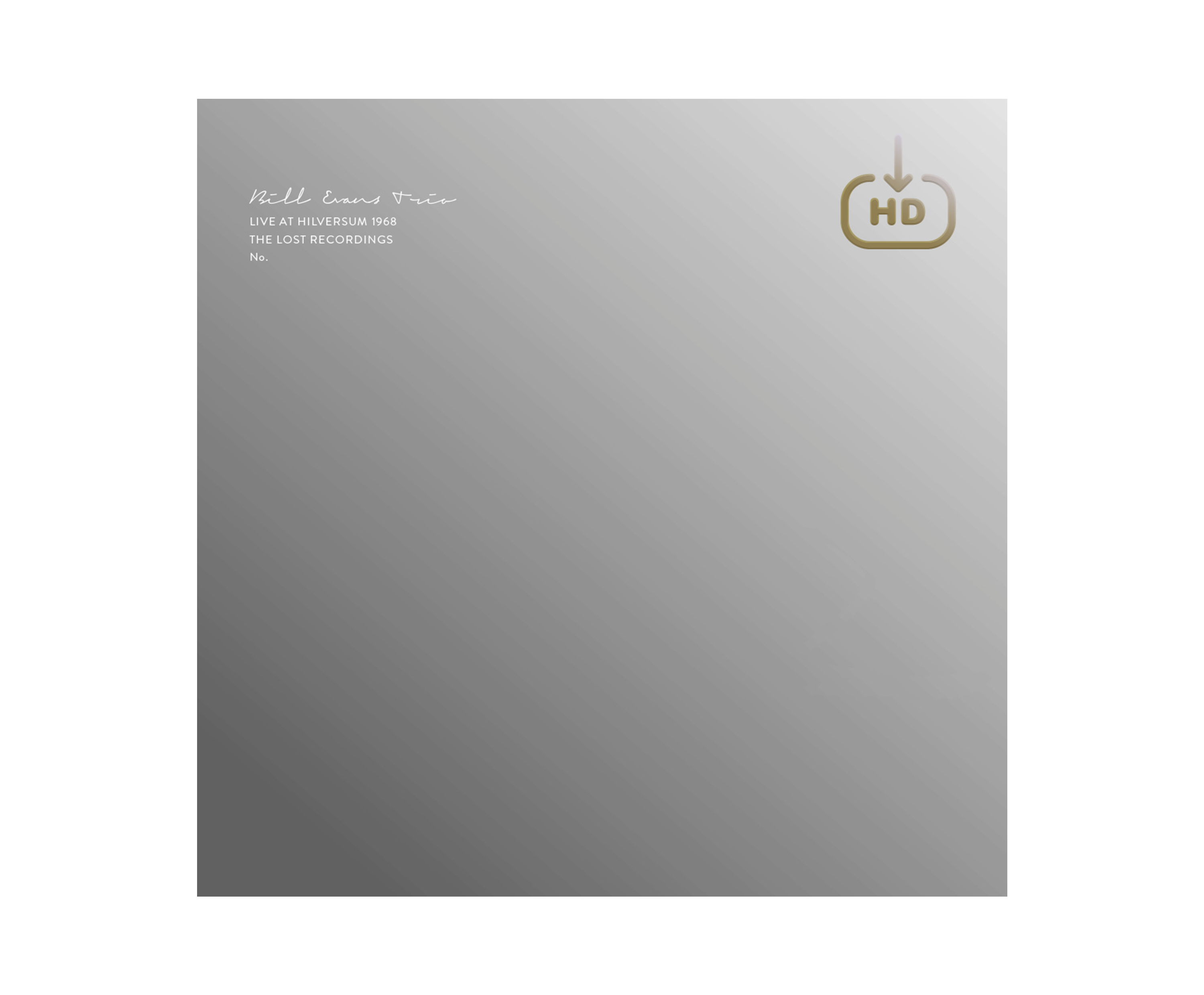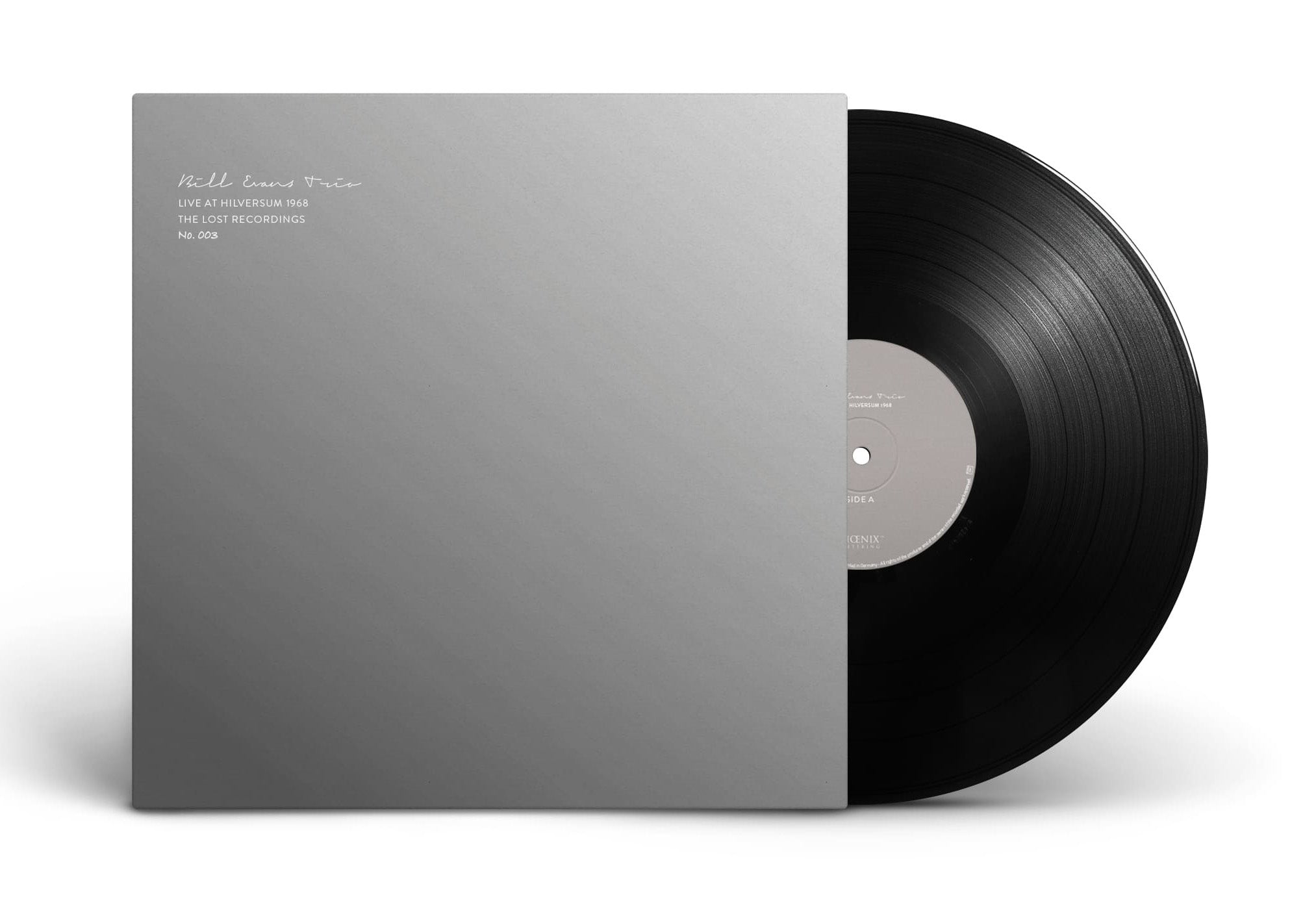BILL EVANS TRIO
Live at hilversum 1968
Subscribe to our newsletter to stay informed about new releases.
The birth of an outstanding jazzman
Bill Evans was born in 1929 in the United States, in New Jersey. He grew up in a stimulating environment for music. His parents being music lovers, they pushed him to play the piano, the violin but also the flute. During his adolescence, he will be interested in Jazz thanks to Bud Powell, Nat King Cole or Lenny Tristano.

From the weapon to the instrument
Demobilized after 3 years in the army, Bill Evans plays and records in several New York orchestras from 1954. The following year, he was noticed and hired for a recording by George Russell. Bill Evans made his first record on the Riverside label in 1956. We discover there his harmonic identity so characteristic. The more time goes by, the more Bill Evans is solicited by great jazz artists. After being contacted by Charlie Mingus and Miles Davis, Bill Evans continued his career as a sideman until 1963.
Bill Evans forms a regular trio with Scott LaFaro on double bass and Paul Motian on drums. This group will quickly distinguish itself by its originality characterized by an unusual hierarchy of the piano accompanied by the bass and drums, the musicians place themselves on the same beat and develop an improvisation. The career of the trio works wonderfully when a tragedy is the object of a great upheaval. Scott LaFaro is killed in a car accident, this event will mark Bill Evans a lot and several bassists will succeed to his side. He then left Riverside for the Verve label in 1963 and found Eddy Gomez, the ideal bassist for his musical vision. Like the bassists, the drummers also succeeded one another, and it is Marty Morell who joined the trio, effective until 1975 with as main work, the album The Bill Evans Trio.
The end of a special career
Bill Evans lost his life on September 15, 1980 at the age of 51, worn out by hepatitis and drug addiction. He left his mark on the history of jazz as well as on his era by his harmonic identity inspired by classical impressionism and by numerous rhythmic subtleties. In particular, thanks to Bill Evans, the trio developed in a new way more rich in expression.


